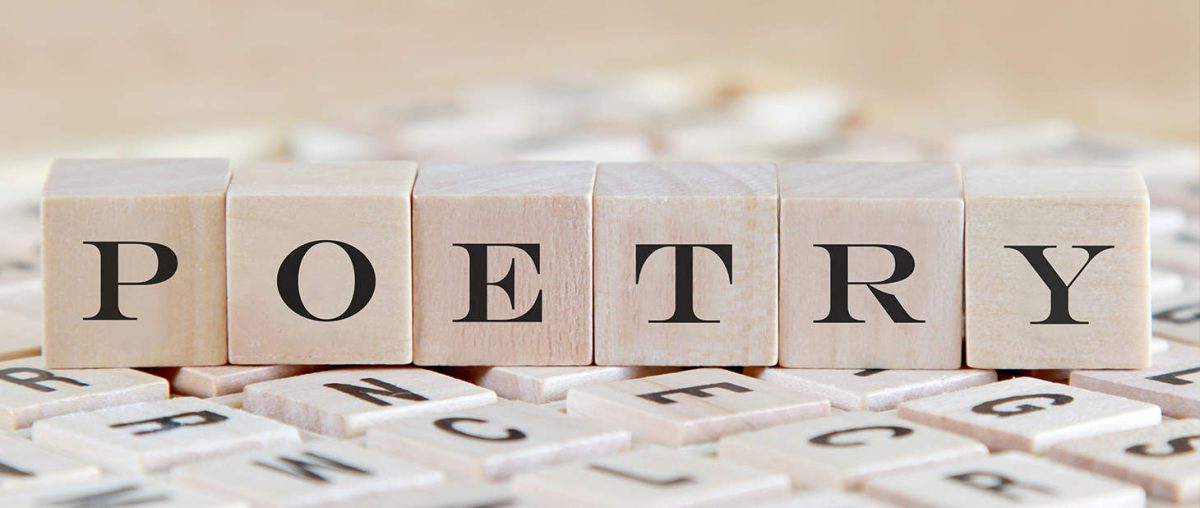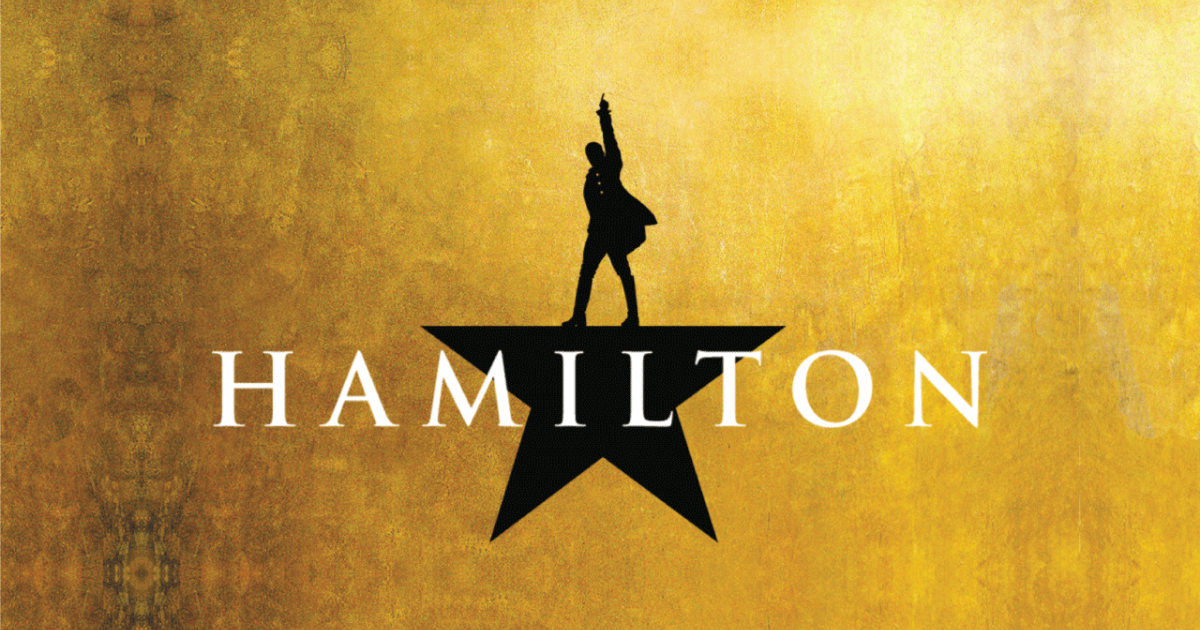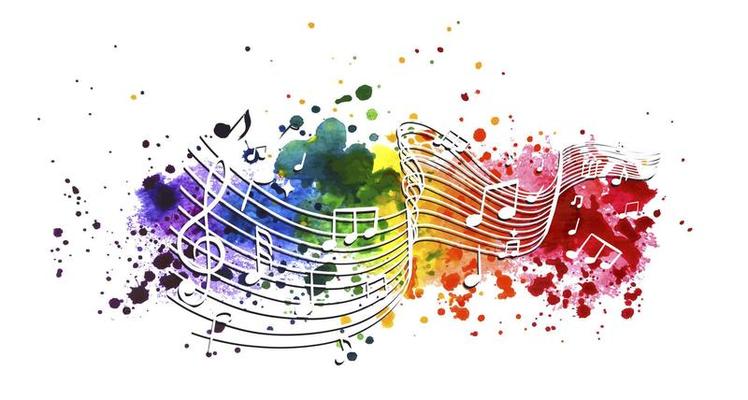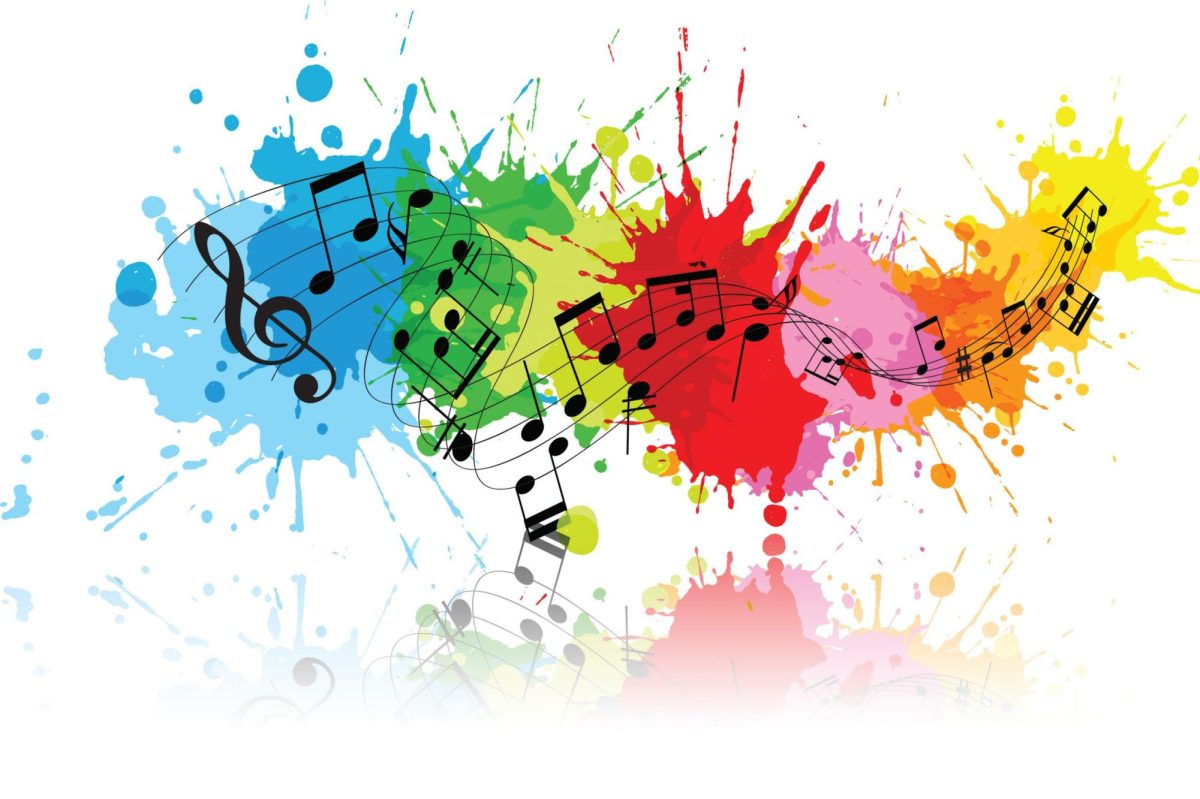My mind is a pool of ideas and sentiments that bring about emotions that seethe through my blood and bones; however, these visceral feelings are the hardest for me to communicate. Like Franz Kafka said, “I am constantly trying to communicate something incommunicable, to explain something inexplicable, to tell about something I only feel in my bones and only can be experienced in those bones.” This sums up my trouble. However, I have found poetry to be the better medium for me to convey these feelings, as opposed to prose.
The feelings I struggle to convey, the ones that seem so intimately tied to my own emotional experiences, resist the logical flow of prose. With prose, one is bound to the confines of grammar rules and structure. However, like most, I don’t think or feel structurally with grammar rules; my thoughts and feelings flow. Therefore, if I am trying to convey an idea that is so heavily contingent upon my own, unique feelings, then prose does not seem like the proper form for me to convey these feelings best. Moreover, when writing in prose, I am forced to rationalize myself to the point where any reader could understand my logic or thoughts. However, feelings aren’t always logical, and sometimes, I don’t even understand my own feelings. So, trying to use conventional structure to convey unstructured and sometimes irrational feelings that are based on my own, non-universal experiences is counterintuitive.
Now, allow me to be meta for a moment: clearly, I am using prose to write this piece. That is because in writing this, I am hoping to logically pose and explain my claim, which is that poetry is best for writing about visceral and innate emotional experiences, and by using the form of prose, I am able to logically explain why I think that this is the truth.
On the contrary, poetry is more subjective: I use it to convey my personal truths, which are my emotional experiences, without the purpose of making the audience believe or take on these truths—and without the hope that they will logically understand what I’m trying to say. Poetry allows me to capture those fleeting feelings that pulse through me, not with the clarity of explanation but with the immediacy of experience.
Poems are meant to make the audience feel. However, the audience may only unlock the true meaning of my poems (or others’) if they analyze deeply enough or if it resonates with their own emotional experiences enough to the point where my words, or my truths, are second nature to them, just as I fully understand and feel what Kafka is saying in his quote, albeit the fact that it is not poetry, but it is poetic nonetheless. Although, even if my audience is unable to decipher my meaning, they may still interpret their own meaning that resonates with them, and this is another benefit of poetry—it leaves great room for interpretation and allows the reader to uncover their own truths instead of forcing them to take on mine.
Emily Dickinson articulated this sentiment in her poem “I Dwell in Possibility”:
I dwell in possibility—
A fairer House than Prose—
More numerous of Windows –
Superior – for Doors –
Of Chambers as the Cedars –
Impregnable of eye –
And for an everlasting Roof
The Gambrels of the Sky –
Of Visitors – the fairest –
For Occupation – This –
The spreading wide my narrow Hands
To gather Paradise –
In this poem, Dickinson is articulating the idea that poetry allows for possibility and endless potential, more beautiful and creative than the structured and ordinary prose. Poetry is like a locked house that is unable to be broken into; only those who have the keys (the ability to interpret the poem or feel their emotions set aflame because of reading the poem) can enter. On the other hand, prose is like an open door, inviting even the most indifferent novices to step through with ease and understanding. Moreover, I know what Dickinson is saying because I interpreted it, and it also resonates with my own sentiments as well, not because she is laying her feelings out in an accessible manner.
All in all, poetry and prose are both useful forms. However, I find that poetry is best at conveying complex emotions or experiences that are difficult to articulate with straightforward language.






